
Here’s a case in point about progressive multifocal leukoencephalopathy in a patient with long-standing HIV who had never taken HART.

Here’s a case in point about progressive multifocal leukoencephalopathy in a patient with long-standing HIV who had never taken HART.
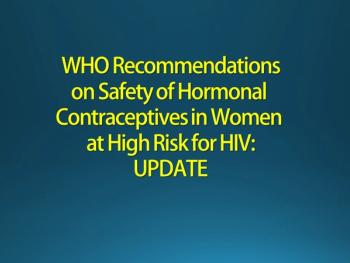
In new guidelines, the WHO and CDC stress that women should not be denied access to progestin-only injectables. The CDC recommendations for other hormonal contraceptive methods remain unchanged.

Patients coinfected with HIV and HCV who drink at least 3 cups of coffee a day can cut their risk of dying in half, says a new study.

An intelligent risk stratification algorithm can trigger a prompt for clinicians to offer an HIV test when they are ordering routine blood tests, potentially leading to earlier HIV diagnoses.

Empowerment interventions for women living with HIV can help decrease acquisition of other sexually transmitted infections.
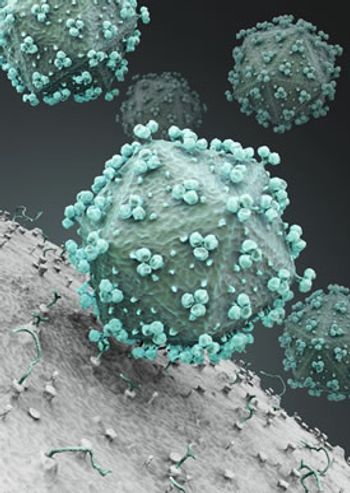
Starting ART on the same day a patient tests positive for HIV may confer significant benefits. Details here.
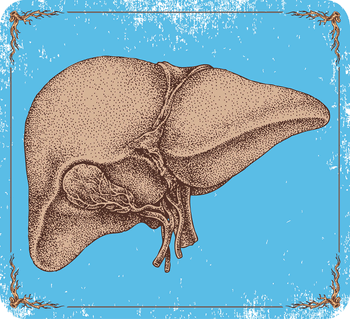
A new report from The National Academy of Sciences outlines specific actions you can take now to help reduce hepatitis B and C infections.
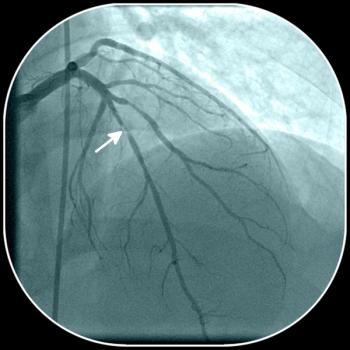
Antiretroviral drug regimens have been implicated as factors in the increased risk of coronary artery disease and myocardial infarction in those with HIV infection. Here: practical measures for prevention and screening.

Slide Show: FDA drug approvals in the second quarter 2017 included these 10 for conditions seen in the primary care setting.
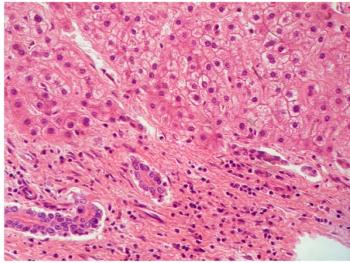

Antiretroviral therapy has dramatically reduced AIDS-associated morbidity and mortality -- but only in those who know they are HIV positive and if they maintain sustained engagement with care.
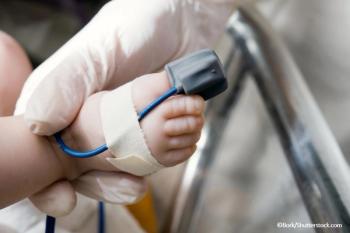
Zidovudine is safe and effective in reducing transmission of HIV from mother to infant but rare serious side effects do occur. Is it worth the risk?
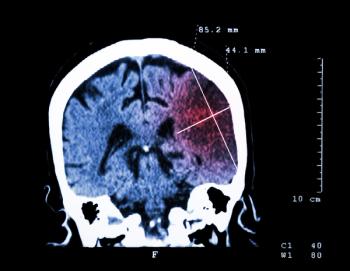
The paradigm of HIV care is changing for aging patients. This study sheds new light.
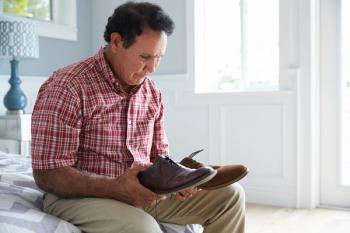
One in 6 new HIV diagnoses occurs in people over age 50. Are you routinely asking your older patients about their sexual history?
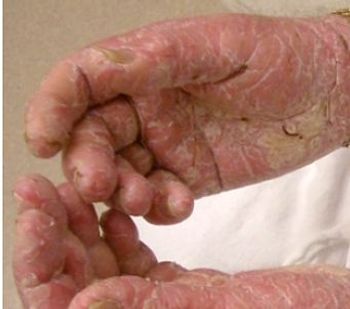
What is the cause of this severe rash in a 60-year-old man with HIV?
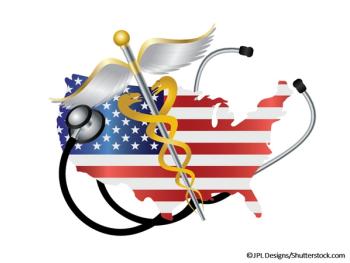
Do doctors’ politics affect treatment decisions on, for example, drug use, firearms, and sexual behavior? Do yours?

A new report aims to outline best practices in offering counseling and guidance to adolescents with HIV infection.
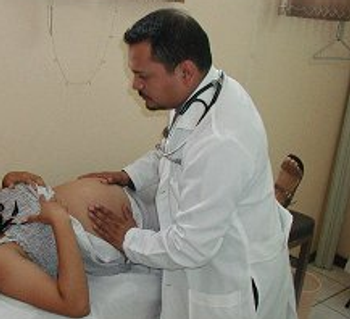
They often willingly accept pre-exposure prophylaxis when offered.
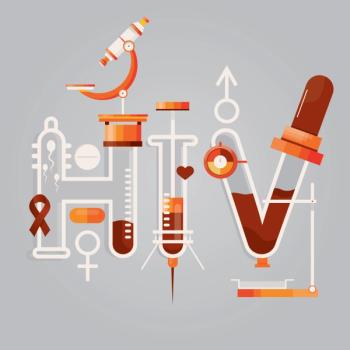
How frequently -- and effectively -- is pre-exposure prophylaxis being employed in adults and adolescents in the US who are at risk for HIV infection?

Who could have believed this statement even 5 years ago? "With these treatment regimens, survival rates among HIV-infected adults who are retained in care can approach those of uninfected adults."?

There is general consensus among public health authorities that the elderly are not being screened for HIV as frequently as are younger persons. But there is compelling reason to do so.

Here's a concise update on the latest DHHS Guidelines for the use of antiretroviral agents in HIV-infected persons.

I'll soon be leaving my HIV-infected patients, some of whom I've taken care of for more than 20 years. The emotions? The outcomes? The lessons?

Here is a “how to” guide for the initial and subsequent management of HIV infection.

Here: a step-by-step guide to the ART management of HIV-infected individuals who are “heavily treatment experienced.”